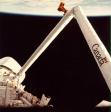don't like listening its all here
 Electronics
is the study of systems that control, electrical energy and communication
systems.
All licensed electricians should have a
basic understanding of modern electronics as a base to expand upon as
the working situation demands. Electronics
is the study of systems that control, electrical energy and communication
systems.
All licensed electricians should have a
basic understanding of modern electronics as a base to expand upon as
the working situation demands.
History of the IBEW
Electronics at work
Control - regulation of motor, heating, lighting,
feedback systems
Communication - fire alarm, audio, wireless systems, computers,
smart homes
Historical Development of Electricity
- electronic theory has long history
 Chinese
discover magnetism - used lodestone suspended on silk
as a compass Chinese
discover magnetism - used lodestone suspended on silk
as a compass
..............................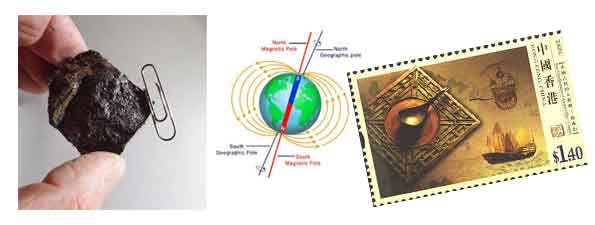
The word magnet comes from Magnesia Greece where myth has it that an enemy ship was lured to the lodestone bearing cliffs and the nails were ripped form the planks sinking the boat.
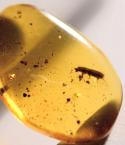
Early Greeks
generate static electricity
from amber
(amber = elektron) translates forward to electron
Electrician was a title for a magician that performed electrical magic tricks.

European/American
science develop electrical theory as a
science
|
American 20th century industrial/military/space
complex electronics fuels the 2nd industrial revolution further power generation and semiconductor
advances , miniaturization, robotics-electrical power
generation - motors - lights - radio - recording - TV - consumer
devices - computers - optoelectronics - Internet- smart weapons
|

Benjamin Franklin on the $100 US BANKNOTE - Benjamins |
Future - Photo Electric
Energy / Semiconductor Lighting / Bioelectronics / Energy Conservation/Information everywhere ,
Smart Homes,
Singularity
Electricians will be
there constructing and maintaining power and information infrastructures
What is electrical
phenomena?
Electrical energy is
transduced into other desired forms of energy at a load
|
3 basic load types |
|
|
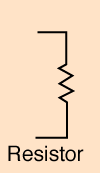 |
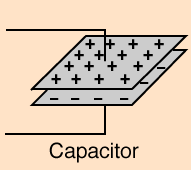 |
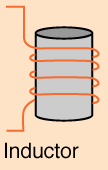 |
|
Resistors resistors
heater elements
semiconductors |
Capacitors capacitors
transmission lines
antennae |
Inductors motors
transformers
antennae |
|
SWITCHES
types of switches |
|
Basic Circuit
|
 |
|
Voltage Source |
Conductor |
Load |
Control |
where one type of energy is converted into
electrical energy
Chemical, Photo cells
Generators, |
current pathway to load
wires cables
bus duct
printed circuit board
copper, aluminum, gold
Superconductors |
site of energy transduction from electrical to
another form of energy
motor - kinetic E
LED - photon E
resistor - heat E
radio transmitter - electromagnetic E
|
controls electron flow
switches
transistors
diacs
triacs
digital circuits
OPEN - no current flows
CLOSED - current flows |
SHORT CIRCUIT -
all resistance has been dropped from from the
circuit with source voltage applied resulting in MASSIVE current
flow
- a
fuse or breaker blows
or worse a
wire begins to glow red
hot possibly igniting a fire or blowing up a panel
|
OPEN
CIRCUIT - infinite resistance is applied to a circuit when a
switch opens a cable is cut, a load drops out or a fuse or breaker
blows after a short. -
a capacitor opens a circuit after its Time cycle (T) - fully
charged |
next Ohm's Law >
|

 Electronics
is the study of systems that control, electrical energy and communication
systems.
All licensed electricians should have a
basic understanding of modern electronics as a base to expand upon as
the working situation demands.
Electronics
is the study of systems that control, electrical energy and communication
systems.
All licensed electricians should have a
basic understanding of modern electronics as a base to expand upon as
the working situation demands.  Chinese
Chinese 


